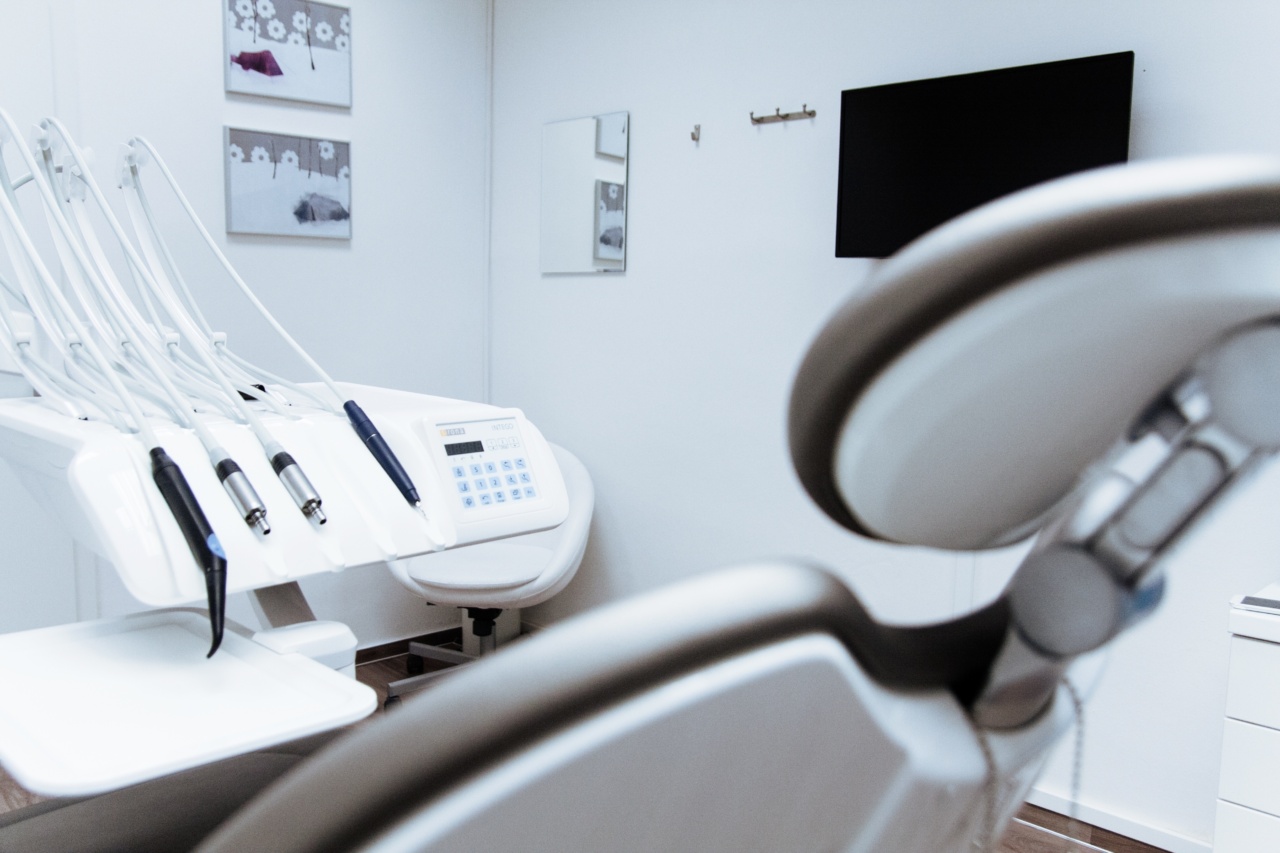Oral hygiene is not just about the appearance of our teeth and gums, but also has a significant impact on our overall health.
Our mouth is a gateway to the rest of our body, and any infection or inflammation can easily spread to other parts of our body, causing a host of health problems. One such link is between poor dental health and respiratory problems. In this article, we will explore this connection in detail and learn how to prevent it.
What are Respiratory Problems?
Respiratory problems are those that affect our lungs and the respiratory system, which includes the bronchi, trachea, larynx, and diaphragm.
The most common respiratory problems include acid reflux, asthma, pneumonia, chronic obstructive pulmonary disease (COPD), and lung cancer. These conditions can cause symptoms like shortness of breath, wheezing, coughing, chest pain, and fatigue. Respiratory problems can be caused by a variety of factors such as genetics, environmental factors, lifestyle choices, and microbial infections.
However, poor dental health is also known to contribute to respiratory problems.
How is Poor Dental Health Linked to Respiratory Problems?
Several studies have found a link between poor dental health and respiratory problems. The mouth is home to millions of bacteria, both good and bad.
When we don’t brush or floss our teeth regularly, the bad bacteria can flourish, leading to gum disease, tooth decay, and oral infections. These infections can then spread to the respiratory system, leading to complications like pneumonia, COPD, and severe acute respiratory syndrome (SARS).
How Does Oral Infection Spread to the Respiratory System?
When we breathe, we inhale tiny particles from the air around us. These particles can include bacteria, viruses, and other microorganisms.
When we have an oral infection or inflammation, the harmful bacteria in our mouth can easily latch onto these particles and travel down to our lungs, causing respiratory problems. Additionally, the inflammation in our gums and teeth can cause our body to release cytokines, which can further damage the respiratory system.
People with weakened immune systems, like the elderly and children, are particularly susceptible to such infections.
Which Respiratory Problems are Linked with Poor Dental Health?
Several respiratory problems are linked with poor dental hygiene. Let’s take a closer look at them.
Asthma
Asthma is a chronic respiratory disease that causes inflammation and narrowing of the airways, making it difficult to breathe. Recent research has found a strong link between oral hygiene and asthma.
People with poor dental hygiene are more likely to develop asthma, and those who already have asthma are more likely to have worse symptoms if they have gum disease or tooth decay. The reason for this is not entirely clear, but scientists believe that the inflammation caused by oral infections can trigger asthma symptoms.
Pneumonia
Pneumonia is a lung infection that can be caused by bacteria, viruses, or fungi. Poor dental hygiene is a risk factor for pneumonia, especially in the elderly and those with weak immune systems.
The bacteria that cause pneumonia can enter the lungs through the mouth and multiply, causing an infection. Several studies have found a link between gum disease and pneumonia, and improving oral hygiene can reduce the risk of pneumonia in susceptible individuals.
Chronic Obstructive Pulmonary Disease (COPD)
COPD is a group of progressive lung diseases that cause breathing difficulties. The most common types of COPD are emphysema and chronic bronchitis.
Poor dental hygiene is a risk factor for COPD, and oral infections can worsen symptoms in people who already have COPD. The bacteria in the mouth can exacerbate the inflammation in the lungs and cause further damage to the respiratory system.
How to Prevent Respiratory Problems due to Poor Dental Health
The good news is that we can reduce the risk of developing respiratory problems by taking care of our dental health. Here are some tips to prevent respiratory problems due to poor dental health:.
Brush and Floss Regularly
Brush your teeth twice a day and floss at least once a day. Use a fluoride toothpaste and a soft-bristled toothbrush. Replace your toothbrush every three to four months or when the bristles become frayed.
Use a Mouthwash
Use an antibacterial mouthwash to kill harmful bacteria in your mouth and freshen your breath. Look for a mouthwash that contains fluoride and has been approved by the American Dental Association (ADA).
Quit Smoking
Smoking is one of the most significant risk factors for respiratory problems and oral infections. Quit smoking to improve your oral and overall health.
Eat a Balanced Diet
Eating a balanced diet that is rich in fruits, vegetables, and whole grains can help improve your dental and respiratory health. Avoid sugary and processed foods as they can promote the growth of harmful bacteria in your mouth.
Visit Your Dentist Regularly
Visit your dentist every six months for routine checkups and cleanings. Your dentist can identify and treat oral infections and inflammations before they spread to your lungs.
Conclusion
Oral hygiene is essential for overall health, and poor dental health can have serious consequences, including respiratory problems.
Taking care of our dental health through regular brushing, flossing, and dental checkups can significantly reduce the risk of developing respiratory problems. Moreover, it is vital to quit smoking, eat a balanced diet, and use a mouthwash to maintain good oral hygiene. With these measures, we can keep our mouth and respiratory system healthy and prevent any risks or complications.



























